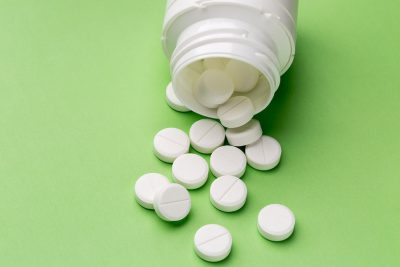A larger randomized controlled trial of aspirin monotherapy vs. no antiplatelet therapy in patients more than one year post-drug-eluting coronary stent placement failed to show a difference in ischemic outcomes or major bleeding, but minor bleeding was more common in the aspirin group.
Article Limit Reached
You have reached your article limit for the month. Subscribe now to access this article plus other member-only content.
- Award-winning Medical Content
- Latest Advances & Development in Medicine
- Unbiased Content

